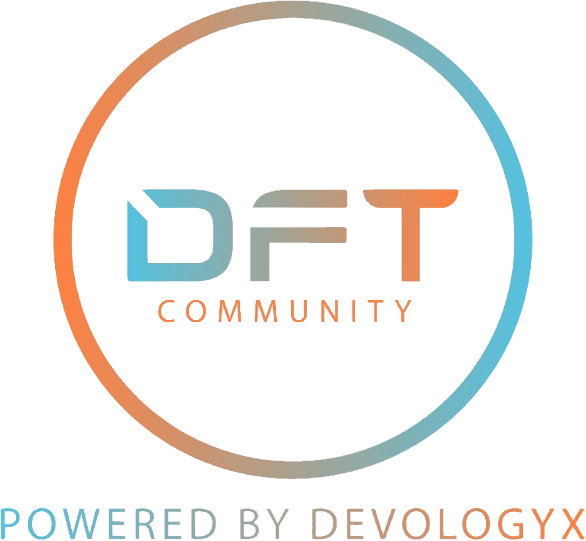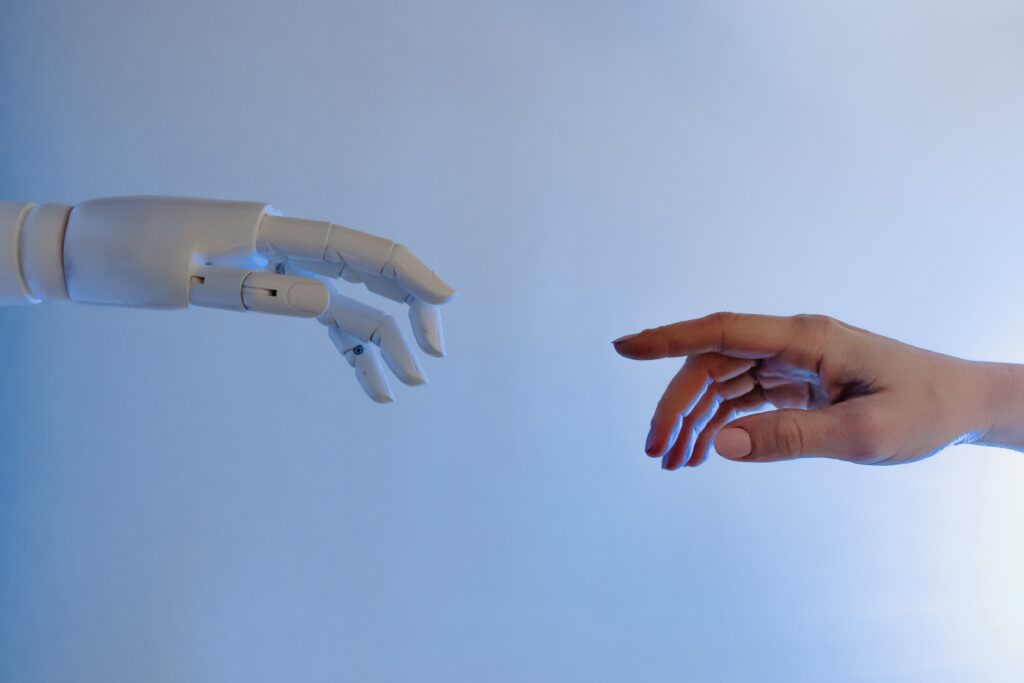Software development refers to computer science activities allocated to designing, creating, supporting and deploying software. The software development world is elementary diverse, dynamic, and has evolved immensely over the past decades. Advanced technology development has caused a remarkable change in the software development landscape, giving rise to various new trends.
The current pandemic rapidly increased digitalisation worldwide in 2020, creating a new shift in software development. Now that we are in 2023, software developers and businesses must observe the latest trends in the software development industry and adjust to them to meet the increasing expectations of the market. The future is uncertain, and if there is something I have learned over this time, it’s the rationale of being ready and prepared for the unexpected.
When a new trend arises, business owners ought to know where the industry is heading and plan accordingly. However, there are some constant changes in software development trends. Still, we’ll be examining the trends we believe will remain dominant in 2023 regardless of the industry you work in or the kind of tech stack you have. Let’s explore!
- Application Programming Interface Technology (APIs)
The application programming interface is a set of protocols and definitions for integrating and designing application software. The latest software development is usually API-driven development. APIs let your app communicate with other apps without knowing how they’re implemented. This removes the complexities in app development and saves time. Backend applications communicate with client applications (mobile, web) through API calls. APIs are vital tools and have the potential to transform businesses. Fast-thinking companies minimise costs by designing their solutions with the best components accessed via APIs.
APIs are crucial in modern markets because they foster innovation within the organisation. They also offer benefits such as companies can create better products while standing out from the competition. Also, APIs make monetisation effortless. Being available on various platforms means companies can advertise and sell more products.
- Cybersecurity
To a more considerable extent, the future of the software depends on cybersecurity and will manifest a significant rise in the demand for it. Cybersecurity is essential for startups and mid-size organisations, but they can not implement it due to limited resources. The world is rapidly moving into an intense digital era, so businesses can not ignore cybersecurity threats. Cybercrime activities are also rapidly increasing and costing businesses sums of money. APIs such as the public cloud comes with cybersecurity leveraging the public cloud services; startups can apply highly secure apps without much effort. The more technology advances, the higher the cybercrime rates. Therefore, businesses must focus on modernising their systems, technology stack and apps with regular cybersecurity evaluation. Cybercriminals operate with better techniques, and traditional actions are not competent enough to protect companies against ransomware attacks. Therefore, businesses must put cyber security into consideration.
- Working Remotely
Remote working is software development’s new face and future in 2022 and beyond. Remote working has unlocked a world of possibilities and opportunities for software development developers. The Covid-19 pandemic quickened the growth of remote work among developers, reducing office working by 74% since the pandemic hit. Remote work has changed the way companies operate. With equitable tools for remote work, HR professionals can outsource and build a software development team from around the globe. One of the fundamental reasons companies gravitate towards remote work is cost minimisation. Remote work saves costs for both the company and its employees. Charges such as commuting costs and lunch can be avoided when you work remotely. Remote working also increases productivity and flexibility among employees. This means employees can set schedules in their favour and utilise their productive hours to complete tasks effectively. Additionally, remote work shows companies trust their employees to execute their duties without supervision. This trust strengthens the loyalty of the employees towards the company.
- Artificial Intelligence
Artificial intelligence is yet another trend that will dominate the future of software development and beyond. Artificial intelligence involves stimulating the human intelligence process by machines, especially computer systems. Applications of AI include speech recognition, machine vision and natural language processing. AI requires specialised software and hardware for writing and training machine learning algorithms. AI systems absorb sizeable amounts of training data, examine data for correlations and patterns, and use these patterns to forecast future states.
AI is essential for businesses because it gives them insights into operations, increasing productivity. When it comes to iterative and detailed tasks such as examining substantial numbers of legal documents to ensure proper filling in, AI tools complete the job. Integrating AI into businesses offers better decision-making, solutions, automation and enhanced digital experience.
Kubernetes and cloud computing accompany the adoption of AI. Kubernetes allows developers and companies to run their applications on a multi-cloud system.
- DevOps
DevOps is a set of practices that combines software development (Dev) and IT operations (Ops) to streamline the company’s workflow and deliver applications and services effectively. It focuses on shortening the software development process and offers sustainable delivery of high-quality software. DevOps also includes various components of agile that seem to impact the future of software development. Under a DevOps methodology, development and operations teams are no longer isolated. Still, these teams consolidate into a single unit where developers can access and work on the entire application lifecycle, from designing and testing to deployment to operations. In some DevOps models, security and quality assurance teams may also be integrated with the DevOps team. When security is the focal point of the DevOps team, it is referred to as DevSecOps. Teams under a DevOps model have better collaboration. They emphasise values such as accountability and ownership, share many responsibilities and integrate their workflows which minimises risks and saves time. Therefore, DevOps will likely dominate the future of software development and other parallel practices that draw from agile approaches.
Conclusion
Making predictions in these ever-changing times and environments is quite hard. With these emerging trends, it’s evident that the future of software development will encounter significant changes. Businesses that will consider trends such as remote working, DevOps or cybersecurity will have a competitive advantage over those that don’t. It’s essential for companies to observe and implement these trends as they increase productivity and drive engineers to create high-quality products.


